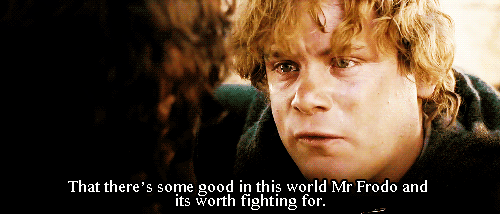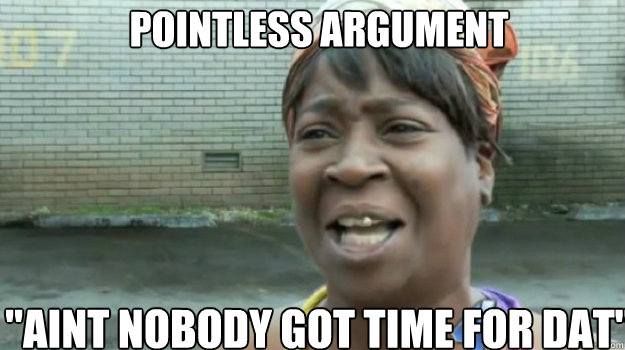Alrighty, let's talk about the triangle, the E, P, L, the appeals that make YOUR paper rock star and persuasive:
o
What is
Ethos? Why is it important to the writer? What makes the writer credible? How?
§
Ethos is
an ethical appeal, a moral appeal and an appeal that one makes to establish
their authority as a writer.
§
It’s
important to the writer because as the speaker of this argument you put a face
to a position and you have to defend that. You cannot defend a position if you
do not establish yourself as an authority with a moralistic appeal (and by
moralistic I don’t mean religiously based, but one where a certain standard is
established)
§
What
makes a writer credible is their understanding of the situation (the history of
if, a knowledge of the conversation going on), an authoritative tone (whether
established by a decisive and powerful language, a use of humor to appeal to
the audience, etc.
o
What is
Pathos? How is an appeal to pathos an effective form of persuasion for an
audience? What does it do specifically? How do you make an appeal to Pathos?
§
Pathos is
an appeal to emotions, a tug on the heartstrings if you will.
§
It’s
effective because it’s appealing directly to the audience, taking an argument
and giving it a human aspect, a tangibility that the audience can feel and
relate to.
§
It
creates a bridge between the writer, the argument and the audience. It provides
a method by which the audience can find a connection and relationship with the
argument, thus forming a better persuasive understanding of it.
§
You can
make an appeal through humor (one of the most effective), a sad appeal, a
personal appeal, and so forth. You give a face to the argument essentially
o
Why is it
important for your argument to have Logos? What might happen if Logos is
lacking in your argument? What does that do to your credibility as the writer?
§
Logos
ensures that your argument is one that IS arguable. It’s the foundation that
holds your rhetoric and argument together.
§
If your
argument doesn’t have a logical appeal, if there’s no sure foundation for the
reality of your argument, then you lose credibility and persuasiveness.
§
Logos
shows that he writer knows what they are talking and that what they are talking
about is something significant. It shows that the writer can articulate a sound
argument and one that can be analyzed and one that is significant.

.jpg)














